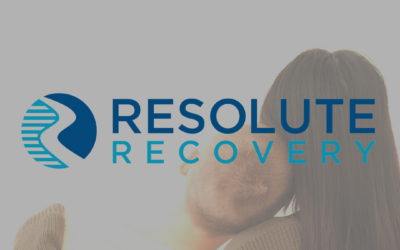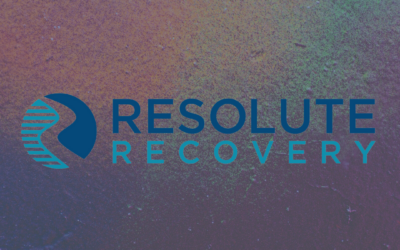Addiction’s journey weaves not only through the individual but also through their family and friends. Recognizing this intricate connection, Resolute Recovery emphasizes the integration Family Support in Addiction Recovery. This guide aims to illuminate the path for families, empowering them to become crucial allies in the journey towards recovery.
The Ripple Effect of Addiction on Families
Addiction infiltrates family life, often disrupting harmony and creating emotional, financial, and social challenges. Imagine a family where communication breaks down under the strain of mistrust and fear, illustrating addiction’s profound effect on loved ones.
Family’s Role in Recovery: Beyond the Individual
Recovery transcends the individual; it’s a collective journey. Families play a critical role in reinforcing the recovery process, providing understanding, patience, and encouragement. Drawing on success stories from Resolute Recovery, we see how families can be the bedrock of support.
Communicating Effectively: The Heart of Family Support
Effective communication is vital in recovery support. It involves empathy, active listening, and constructive responses. Tips for families include avoiding blame, expressing feelings honestly yet respectfully, and fostering open dialogue.
The Fine Line: Supporting vs. Enabling
Supporting a loved one in recovery is a delicate balance. Genuine support encourages independence and healthy choices, setting boundaries that promote recovery rather than hinder it.
Family Therapy: A Pillar of Comprehensive Treatment
Family therapy at Resolute Recovery is about healing the family unit. It addresses unresolved conflicts, improves communication, and fosters understanding, benefiting both the family and the individual.
Nurturing Healthy Relationships in Recovery
Rebuilding trust and strengthening bonds are essential. Engaging in activities that promote togetherness and understanding, along with setting healthy boundaries, are key strategies.
Coping Strategies for Families
Families need tools to manage their own stress and emotions. Techniques like mindfulness, meditation, and seeking their own therapy, as well as prioritizing emotional health through support groups and counseling, are crucial.
Community and External Support Systems
Families are encouraged to leverage community resources like support groups and educational workshops. These external systems offer additional support and understanding.
Staying Involved and Informed: The Ongoing Journey
Recovery is continuous, and family involvement should evolve accordingly. Active involvement includes participating in therapy sessions, attending educational seminars, and being part of relapse prevention planning. Ongoing education about addiction and recovery is also important.
Wrap Up
Family support plays a critical role in the recovery process. This guide encourages families to actively engage in the recovery process, utilize available resources, and prioritize their own well-being alongside their loved ones. With the right support, guidance, and resources, families can be powerful allies in the journey towards recovery and healing.
Resources
Substance Abuse and Mental Health Services Administration (SAMHSA)





